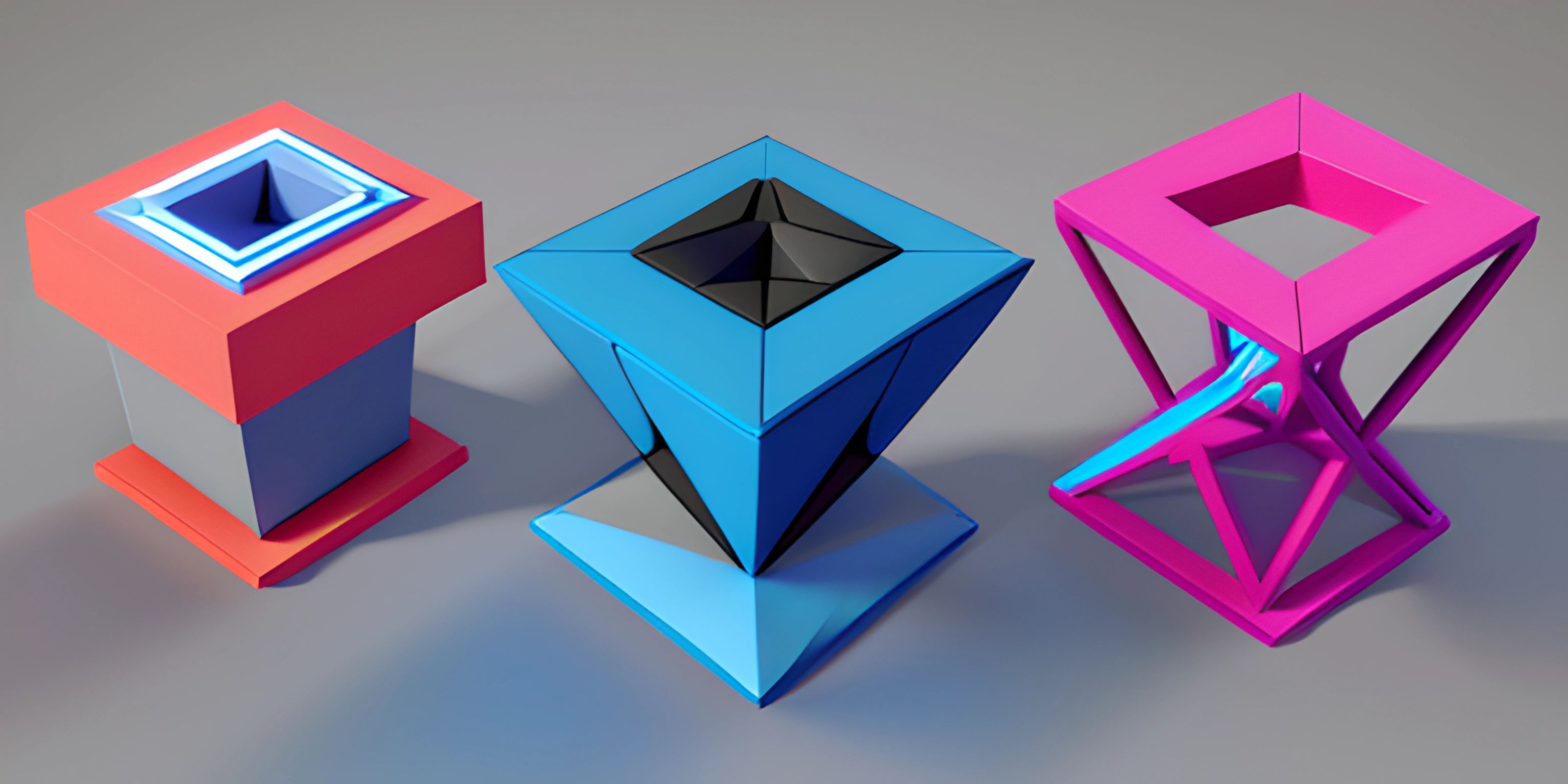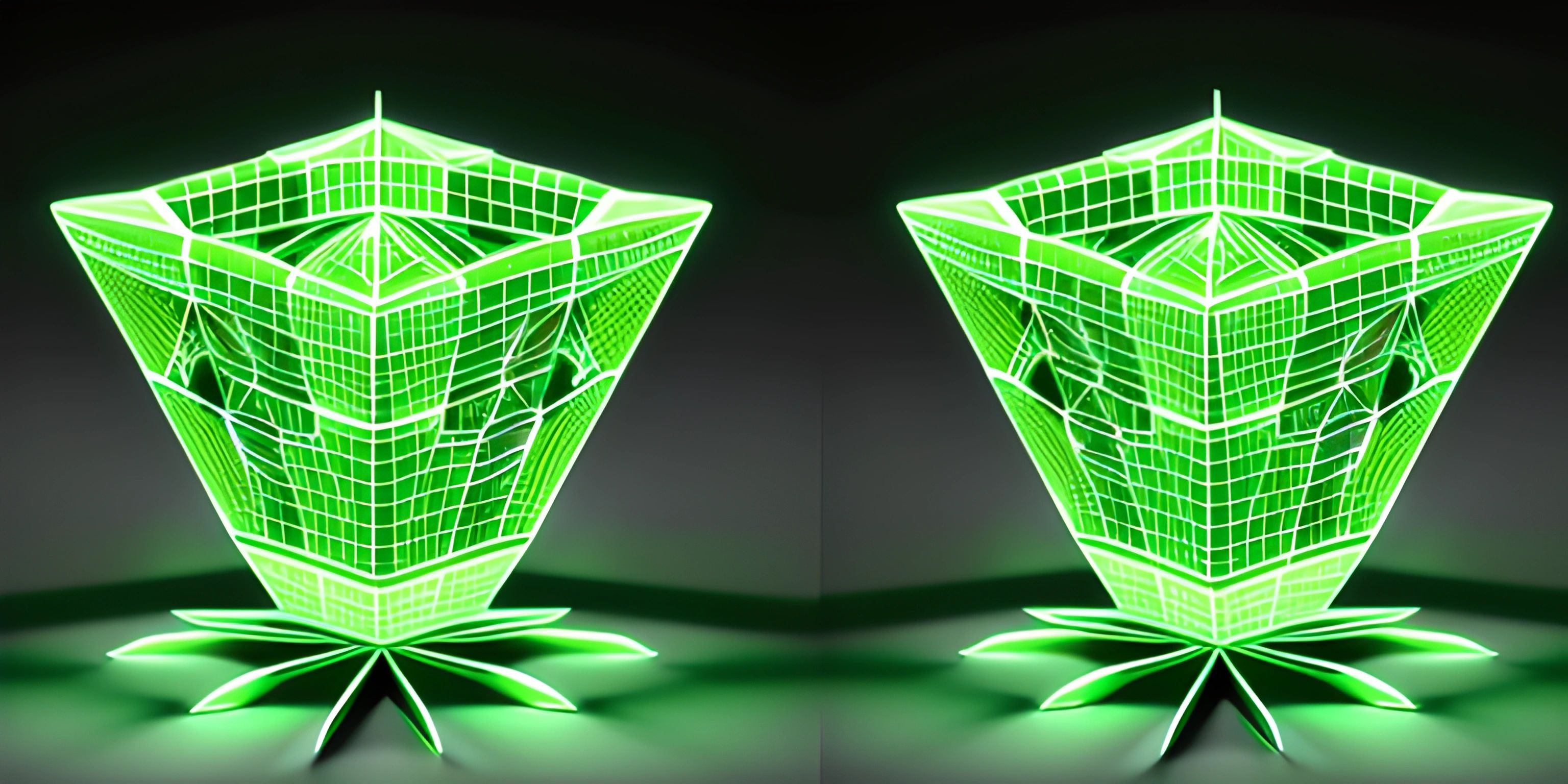Understanding BSON: A Deep Dive

Note: this page has been created with the use of AI. Please take caution, and note that the content of this page does not necessarily reflect the opinion of Cratecode.
Say goodbye to the days of scratching your head whenever BSON is mentioned. It's time to dive deep into the world of BSON, a binary representation of JSON-like documents, and its usage in MongoDB. So, buckle up, grab your snorkeling gear, and let's get started!
What is BSON Anyway?
Before we dive into the deep end of BSON, let's start in the shallow waters first. BSON, or Binary JSON, is a binary-encoded serialization of JSON-like documents. Imagine JSON, but in a snazzy binary suit. You could say BSON is the James Bond of data formats, dealing in secrets (or binary code) while maintaining a cool and sophisticated exterior.
BSON isn't just JSON in a binary format though, it comes with extra superpowers that JSON doesn't have. BSON supports more data types than JSON and has encoding and decoding algorithms that make it super fast, which is why it's used in MongoDB. It's like JSON after a workout and protein shake.
So, What Does BSON Look Like?
Consider a simple JSON document:
{
"name": "John Doe",
"age": 30,
"city": "New York"
}In BSON, it might be represented as a binary string like this:
\x16\x00\x00\x00\x02name\x00\x08\x00\x00\x00John Doe\x00\x10age\x00\x1e\x00\x00\x00\x02city\x00\x09\x00\x00\x00New York\x00\x00
I know, it looks like somebody just slammed their keyboard. But remember, BSON is for machines, not humans. It's like trying to read The Great Gatsby in Morse code.
Why BSON?
BSON is used as the data storage and network transfer format in MongoDB. But why? And why not just use good ol' JSON? Well, BSON provides several benefits:
-
Speed: BSON data is simpler to parse and faster to generate, thanks to the wonders of binary data. It's like having a direct flight to your destination instead of making several layovers.
-
Efficiency: BSON documents can be scanned in sequence – no need to load the whole document into memory. It's like flipping through a book instead of memorizing the whole thing.
-
Rich Data Types: Unlike JSON, BSON supports more data types, such as DateTime and binary data types. It's like having a Swiss army knife instead of just a regular knife.
So that's the scoop on BSON. It's a powerful, efficient, and flexible data format that rivals JSON and is the secret sauce behind MongoDB's performance.
Hey there! Want to learn more? Cratecode is an online learning platform that lets you forge your own path. Click here to check out a lesson: Rust Lifetimes (psst, it's free!).
FAQ
What is BSON?
BSON, short for Binary JSON, is a binary-encoded serialization of JSON-like documents. BSON goes beyond JSON by offering additional data types and being faster due to its binary nature.
How is BSON related to MongoDB?
BSON is used as the data storage and network transfer format in MongoDB. This is due to its efficiency, speed, and the fact it supports more data types than JSON.
What benefits does BSON provide over JSON?
BSON provides several benefits over JSON, including faster parsing and generation, more efficient scanning of documents, and support for additional data types like DateTime and binary data types.





